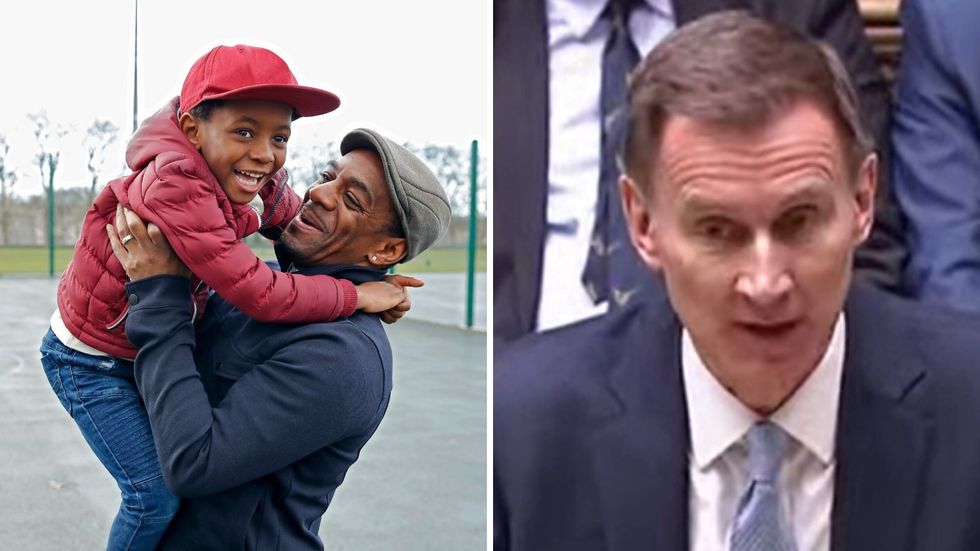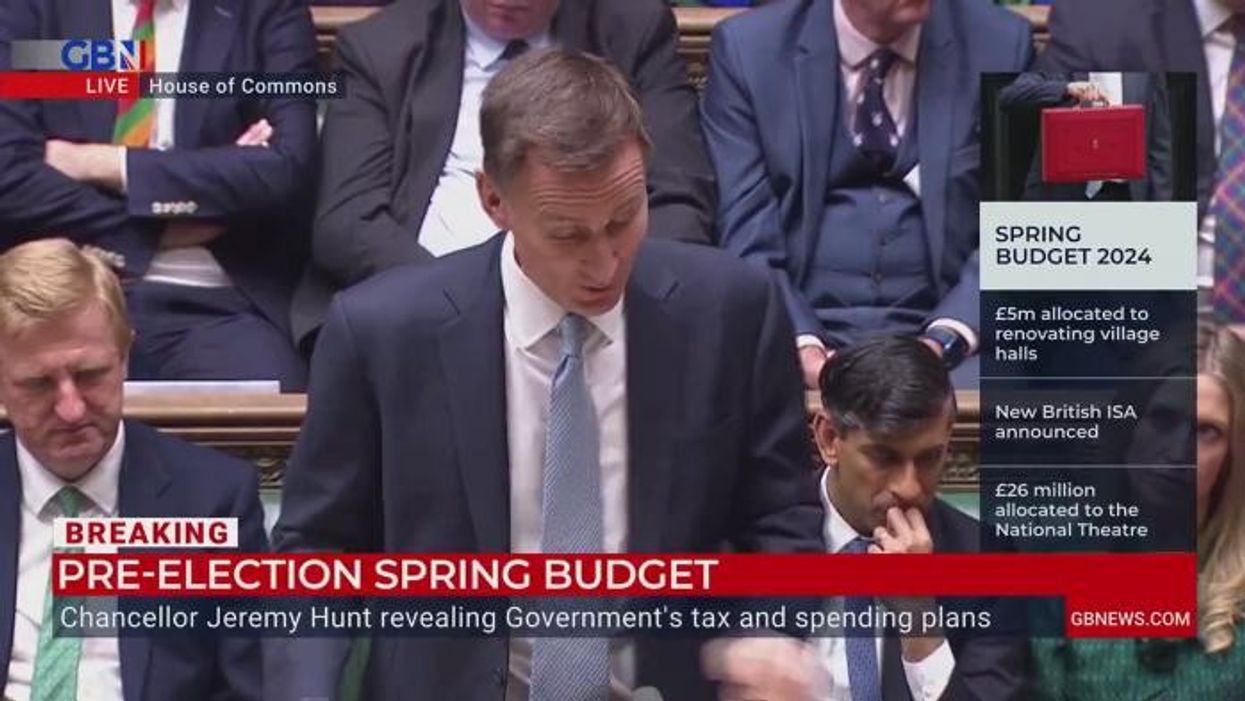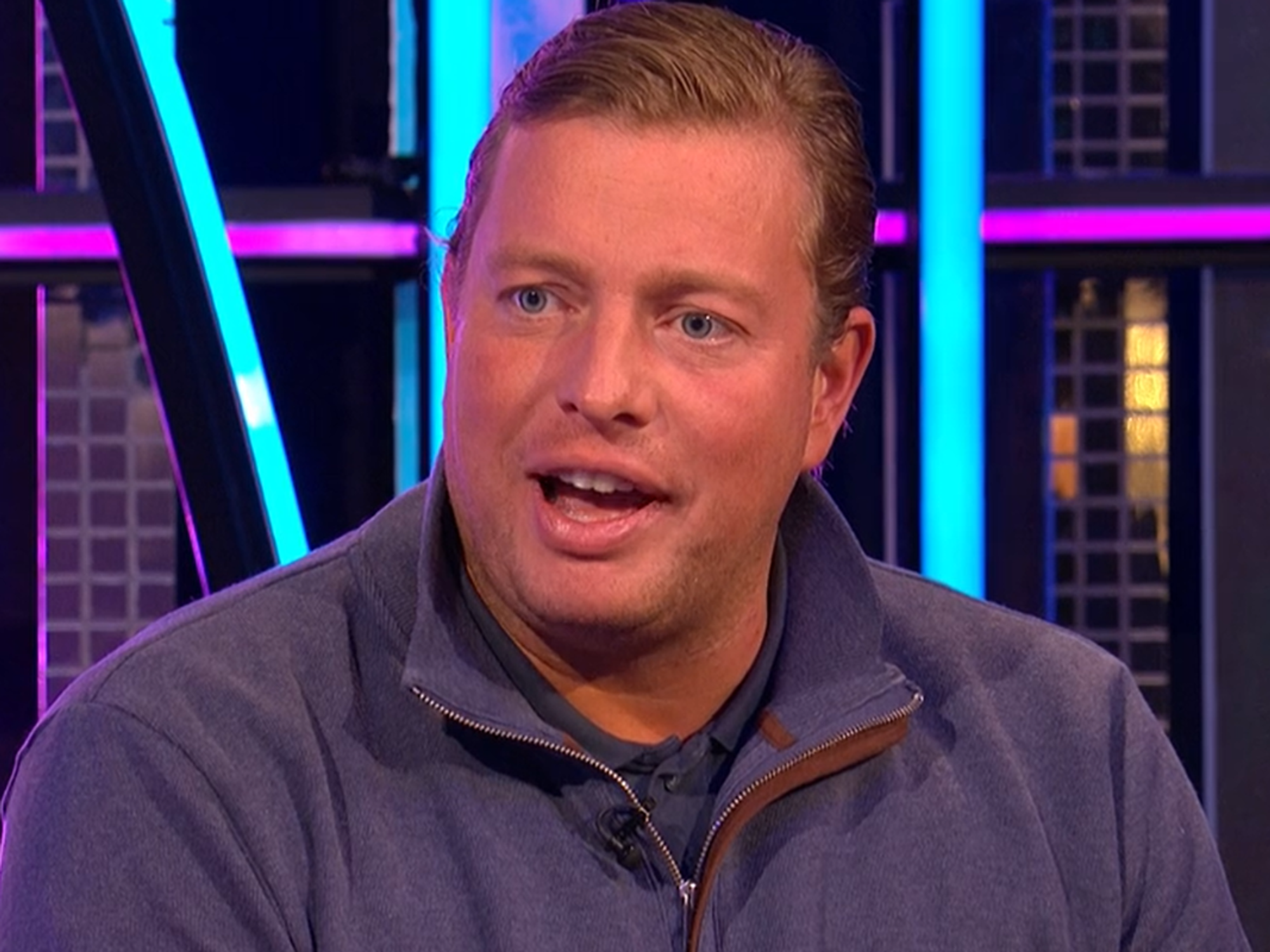Major Child Benefit overhaul as rules stinging families will finally be changed

The High Income Child Benefit tax Charge has forced hundreds of thousands to pay back some or all of their Child Benefit since 2013
Don't Miss
Most Read
Latest
The “unfair” rules surrounding how parents and guardians are stung by a “high income” Child Benefit tax charge will be changed, with the government planning to administer the levy on a household rather than individual basis by April 2026.
The Chancellor also announced an increase to the threshold at which point a tax charge clawing back the payment from higher earns kicks in.
From April this year, the High Income Child Benefit tax Charge (HICBC) threshold will be raised from £50,000 to £60,000, the first increase since it was introduced by George Osborne in 2013.
Mr Hunt will also change the way the charge applies, meaning the taper will be extended from £60,000 to £80,000.

Jeremy Hunt has announced the Child Benefit tax rules will be changed
|GETTY | GB NEWS
The Chancellor said it would take 170,000 people out of paying the charge all together.
Overall the government estimates almost half a million (485,000) hard-working families would save £1,260 in tax in 2024/25.
Critics have argued the rules are unfair on single income families, as they are affected once income exceeds £50,000, while dual-income families can earn a combined income of £99,998 without being affected, provided their salaries are £49,999 each.
Money saving expert Martin Lewis raised the "unfairness" of the levy with the Chancellor during an interview earlier this year.
He said on social media today: "WE GOT THE WIN ON CHILD BENEFIT!"
Mike Ambery, Retirement Savings Director at Standard Life, part of Phoenix Group said: “The tax system is awash with cliff edges and tapers which not only create a great deal of complexity but also disadvantage certain groups of people.
"Chief among these is the High Income Child Benefit Charge and it’s welcome news that the Chancellor has decided to recognise the unfairness of the current system."
Mr Ambery said taking account of joint household income was a "common sense approach" which would mean households with two incomes of up to £100,000 aren't "given preferential treatment" over those with one earner whose income is just over £50,000.
He added: "In the interim, raising the threshold to £60,000 will help.
LATEST DEVELOPMENTS:
"Child Benefit can be worth thousands of pounds a year to some families and today’s move could make a real difference in those household where budget are tight after two years of rising prices.”
Claire Trott, Divisional Director for Retirement and Holistic Planning said the complexities of the tax have created confusion for years, leading to some people not claiming Child Beneift when entitled, while others have claimed and had to make tax payments to HMRC.
She said: "It was unnecessarily complex and impacted families in completely different ways depending on how the family earned their money.
"It could even be a driver for one earner not to take more hours or income if they are the higher earning partner in the relationship.
"Moving to a combined household basis will be welcomed although it will not reduce the complexity entirely, but it will make it fairer.
“The increase in the taper from £60,000 to £80,000 is a good step in the right direction in the meantime making it less likely families are impacted.”











